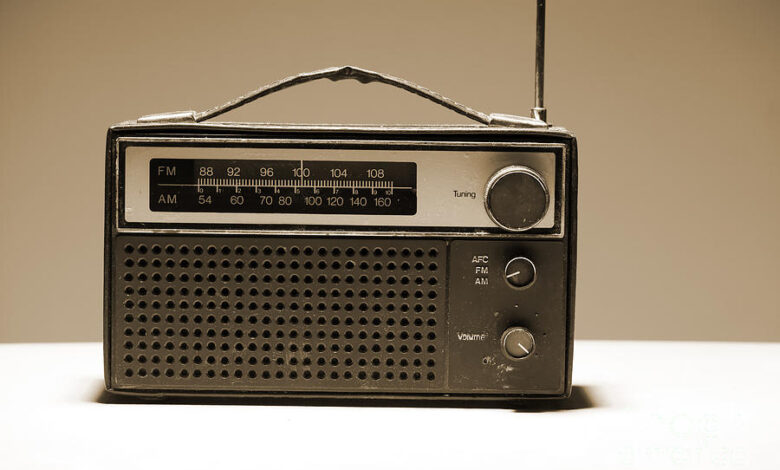
Rani Andaleeb
Throughout history, inflation has been a recurring concern, but the aftermath of the pandemic has introduced an even more overwhelming challenge. The current surge in inflation has inflicted severe hardships on the populace, pushing many families into poverty and forcing individuals to take drastic measures, with some resorting to the tragic act of suicide due to the economic strain.
While past years witnessed the grim impact of daily bomb blasts, today, it seems like a different kind of explosive, that of inflation, detonates upon the people each morning. Unseen and unheard, its effects reverberate through the homes of the poor, threatening their livelihoods. The struggle to make ends meet has become a daily ordeal, exemplified by the recent increase of Rs. 35 for TV and Rs. 15 for radio in electricity bills, as recommended and implemented by the Senate Committee.
The relentless pressures on the people of Pakistan leave one questioning the government's approach. The administration's actions appear to be suffocating the populace on multiple fronts, leaving them beleaguered with mounting taxes and economic burdens. Amidst a generation enamored with social media and mobile technology, the inclusion of radio fees in electricity bills seems out of touch, as few engage with traditional radio channels nowadays.
Also Read: Bajaur Blast Confirmed as Suicide Attack, Leaves 45 Dead and 78 Injured
The rising costs of essential utilities, coupled with an increasing tax burden, create an atmosphere of financial precarity. With job opportunities scarce for the youth, the surge in inflation and gas prices further exacerbates the hardship. Daily expenses, especially on food, continue to escalate, as citizens face the challenges of this trying time. The additional fee for the radio, amidst all these financial struggles, raises further questions and concerns. The people of Pakistan grapple with uncertainty as the impact of inflation and economic policies looms over their lives.
In the past, there was a TV fee of Rs 35 in electricity bills, and interestingly, even mosques had a TV fee of the same amount. This raises questions about whether TVs were actually present in mosques back then, and even today, a thought that deserves some contemplation and inquiry.
Now, after a considerable lapse of time, a similar scenario repeats itself. Back in the day, our grandparents, parents, and ancestors used to enjoy listening to the radio, which we are now paying for. While this notion may be taken in jest, there is an element of truth to it that we must acknowledge.
In today's age of social media, where sweeping changes have revolutionized communication, it becomes imperative for radio programs to adapt to the preferences of the new generation to sustain their audience.
Presently, the young generation is engrossed in platforms like Facebook, Twitter, and Instagram, with a preference for video content over audio. To remain relevant, radio programs need to undergo a transformation to align with the contemporary mindset. Failure to do so has rendered radio a loss-making venture and a financial burden on the government. Perhaps the additional charges in the electricity bill are an attempt to offset the expenses of radio employees, or it could signify a broader strategy.
Considering this trend, one cannot help but wonder if additional charges will soon extend to cover VCR, CD, and dish antenna usage in electricity bills in the near future. As technology continues to evolve, it will be crucial for institutions like radio to embrace change and evolve to capture the attention of the modern audience.